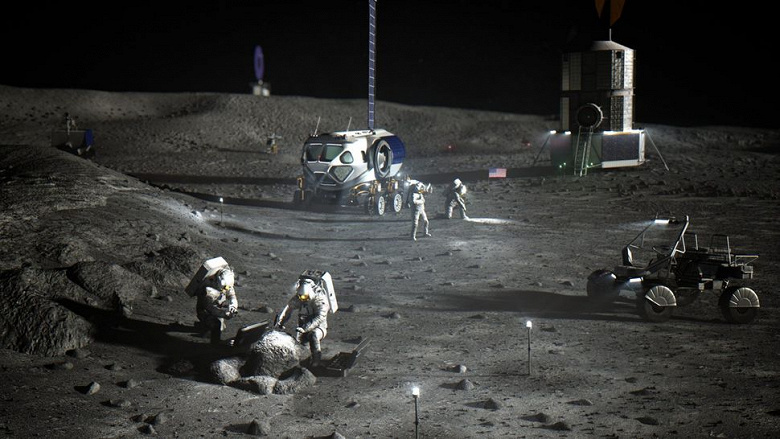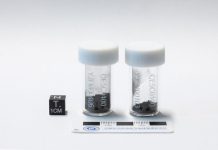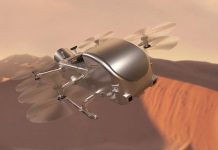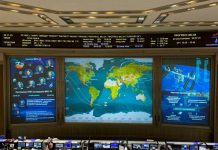NASA has created a request to develop a “lunar freezer” that will store samples during Artemis missions and also be used to store biological samples. The freezer should be ready by the end of 2027
Astronauts on the Artemis missions will need a mobile storage system for the samples they collect from the lunar surface. To this end, NASA posted a request on the federal government contracting website. The main purpose of the freezer will be to transport scientific and geological samples from the Moon to Earth. The request specifically noted that these would be samples collected as part of the Artemis program.

However, the post also says that the device will be used, among other things, to store and transport “biological and physiological samples collected during missions,” likely to analyze the impact of flights to the Moon on astronauts.
NASA plans for the final vehicle to be ready by the end of 2027 and will be sent aboard the planned Artemis 5 mission. To make the trip back to Earth from the lunar surface, the vehicle must be transportable. This implies the ability to fit into the lunar rover, any lunar manned modules, the HLS landing vehicle, the Orion space module, and the Gateway lunar station.
The total volume of the internal space of the device must be at least 25 × 25 × 66 centimeters, and the entire system must weigh less than 55 kilograms. Samples must be stored at a temperature no higher than -85 degrees Celsius for at least 30 days.
Designed for NASA, the freezer would also have a built-in display that the Artemis crew could use for monitoring and control, as well as wired and wireless Internet connections that could provide telemetry. Finally, the device must be able to record data about the temperature, status, time, and duration of its door opening.
The planned debut mission of the Artemis 5 lunar freezer will be the third mission in the Artemis program.




